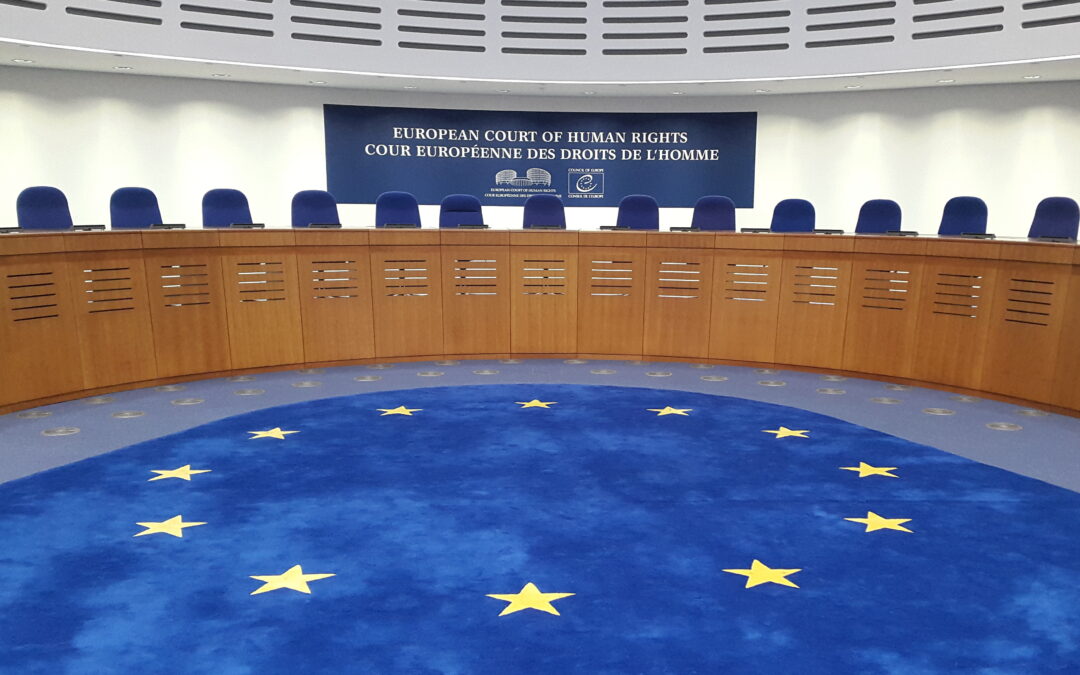
Oct 3, 2017 | Advocacy, Cases, Legal submissions
On 2 October, the ICJ and Amnesty International submitted an intervention before the European Court of Human Rights in the case Ecodefence and others v the Russian Federation, Application no. 9988/13 and 48 other applications, which concern labeling NGOs as foreign agents.
In this submission, the applicants provided the Court with an analysis, based on international law sources, of:
a) the scope of application of rights to freedom of expression and association guaranteed under Articles 10 and 11 of the European Convention on Human Rights (ECHR or the Convention) to restrictions on the activity of non-governmental organisations (NGOs);
b) application of the principle of legality to such restrictions;
c) the legitimacy of the aim, necessity and proportionality of measures regulating NGOs, including restrictions on funding, burdensome reporting requirements, sanctions and the stigmatizing effect of labelling NGOs as “foreign agents”; and
d) the scope of permissible restrictions under Article 18 of the ECHR, particularly the question of interferences used for purposes other than those which fall under Articles 10 and 11 of the Convention.
The submission addresses the obligations of State parties to the ECHR with account taken of the other international law obligations, such as those under the International Covenant on Civil and Political Rights (ICCPR) as well as other relevant standards under international law.
Russia-ECtHR-AmicusBrief-Ecodefence-legalsubmissions-2017-ENG (download the third party intervention)
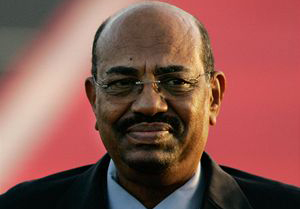
Jul 6, 2017 | News
The ICJ welcomed today’s judgment by the International Criminal Court (ICC) that South Africa had violated its legal obligations by failing to arrest Sudanese President Omar al-Bashir during his visit to the country in June 2015.
The ICC said the South Africa should have surrendered him to the ICC for prosecution.
President al-Bashir (photo) had been indicted by the ICC for genocide, crimes against humanity and war crimes in connection with attacks against civilians in the Darfur region of the country.
“The judgment is a victory for international justice. It is an extremely important step toward tackling impunity in Sudan and worldwide,” said Arnold Tsunga, the ICJ Africa Regional Director.
The court said unequivocally that South Africa had a duty to arrest and surrender president Bashir to the ICC for prosecution.
It said that South Africa had a duty to recognize that head of state immunity did not apply to al Bahsir under the terms of the Rome Statute, and that leaving the question of immunity to South Africa’s voluntary discretion would have created “an insurmountable obstacle for the court to exercise its jurisdiction.”
The Court also said that Sudan itself had an obligation to remove and immunities for al-Bashir in respect to matters for which he was under indictment.
“The ICJ calls upon the Governments of South Africa and Sudan to respect the judgment of the Court, and urges all States to cooperate with the Court to bring President al-Bashir, and others indicted to justice,” Tsunga added.
The ICC also called on the UN Security and the Assembly of States Parties of the ICC to take appropriate measures to address the non-compliance by South Africa and Sudan.
Background
South Africa has been a party to the Rome Statute of the International Criminal Court since 27 November 2000.
States parties to the Rome Statute are obliged to cooperate with ICC, including by arresting and surrendering persons under indictment by the ICC who may be on their territory.
South Africa took measures to cooperate with the ICC by enacting the Implementation of the Rome Statute of the International Criminal Court Act, 2002.
Accordingly, South Africa had a duty to arrest President al-Bashir when he visited South Africa in 2015
President al-Bashir stands accused of serious crimes, with two warrants of arrest issued by the pre-trial chamber of the ICC.
They all are for war crimes, crimes against humanity and genocide, related to events in the Darfur region of Sudan.
Among the acts are widespread murder, rape and torture.
Read also:
South Africa appears before ICC for failure to arrest Sudanese President Bashir – The ICJ observes the hearing
Contact
Arnold Tsunga, ICJ Director for Africa, t +27716405926 ;
Thulani Maseko, ICJ Legal consultant, t: +268 7602 5165
Ian Seiderman, ICJ Legal & Policy Director, t: +41 22 979 3837
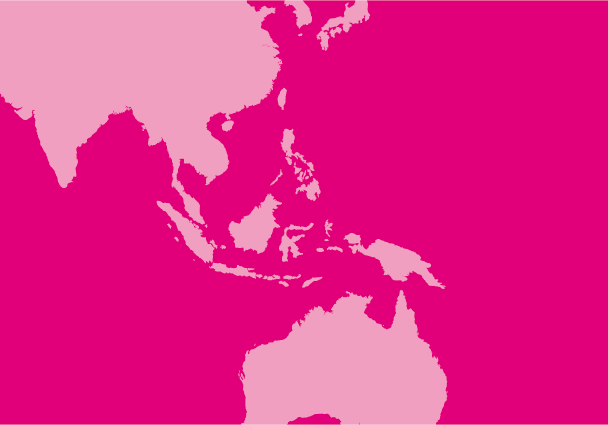
Jun 29, 2017 | Advocacy, News, Non-legal submissions
The ICJ, together with other 60 national and international human rights organizations urged today the Myanmar authorities, and in particular the Ministry of Transport and Communication and the Parliament, to ensure the repeal of the offence of criminal defamation.
Myanmar-JointStatement-CriminalDefamation-2017-ENG (joint statement in English)
Myanmar-JointStatement-CriminalDefamation-2017-BUR (joint statement in Burmese)
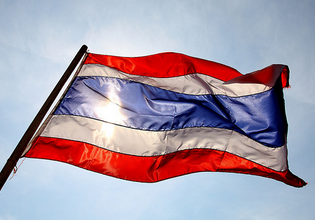
Jun 26, 2017 | Advocacy
Amnesty International (AI) and the ICJ welcome the commitments made by the Royal Thai Government to prevent torture and other ill-treatment and urge authorities to ensure no further delay in implementing these undertakings.
The statement came on on the 30th anniversary of the United Nations Convention against Torture and Other Cruel, Inhuman or Degrading Treatment or Punishment (UNCAT) – marked on June 26 as the International Day in Support of Victims of Torture.
October 2017 will mark ten years since Thailand pledged to respect and protect the right of all persons to be free from torture and other ill-treatment by ratifying the Convention against Torture. AI and the ICJ however remain concerned that torture is still prevalent throughout the country.
Thailand has made significant and welcome commitments at the United Nations Committee against Torture, Universal Periodic Review of the Human Rights Council and UN Human Rights Committee to uphold its obligations under the Convention against Torture.
These include commitments to penalize torture, as defined in the Convention, under its criminal law and to create an independent body to visit all places of detention under the purview of the Ministry of Justice.
However, to date, these remain paper promises, which have not yet translated into action.
AI and the ICJ call on Thailand to move forward with these commitments, including by criminalizing torture and other acts of ill-treatment, establishing practical, legal and procedural safeguards against such practices, and ensuring that victims and others can report torture and other ill-treatment without fear.
The prohibition of torture and other ill-treatment in international law is absolute. Torture is impermissible in all circumstances, including during public emergencies or in the context of threats to public security.
AI and the ICJ regret repeated delays to the finalisation and passage of Thailand’s Draft Prevention and Suppression of Torture and Enforced Disappearance Act.
If the remaining discrepancies with the Convention against Torture are addressed, the passage of this Act would criminalise torture and enforced disappearances and establish other safeguards against these acts.
Both organizations urge the Royal Thai Government to actualise its commitment to eradicating torture by addressing remaining shortcomings in the Act and prioritising its passage into law in a form that fully complies with Thailand’s obligations under the Convention against Torture and the Convention for the Protection of All Persons from Enforced Disappearance.
Additional consultations with the public and other parties should be carried out in a transparent and inclusive manner and without delay.
Similarly, AI and the ICJ urge Thailand to move ahead with its commitment to ratify the Optional Protocol to the Convention against Torture, which obligates authorities to establish a National Preventive Mechanism – an independent expert body authorised to visit places of detention, including by carrying out unannounced visits – as well as to allow such visits by an international expert body.
Such independent scrutiny is critical to prevent torture and other ill-treatment, including through implementing their detailed recommendations based on visits.
Authorities should also act immediately on the commitment made at Thailand’s Universal Periodic Review before the United Nations Human Rights Council in 2016 to inspect places of detention in line with the revised UN Standard Minimum Rules for the Treatment of Prisoners, also known as the Nelson Mandela Rules.
Thailand-Torture satement AI-ICJ-Advocacy-ENG-2017 (full statement in English, PDF)
Thailand-Torture satement AI-ICJ-Advocacy-THA-2017 (full statement in Thai, PDF)
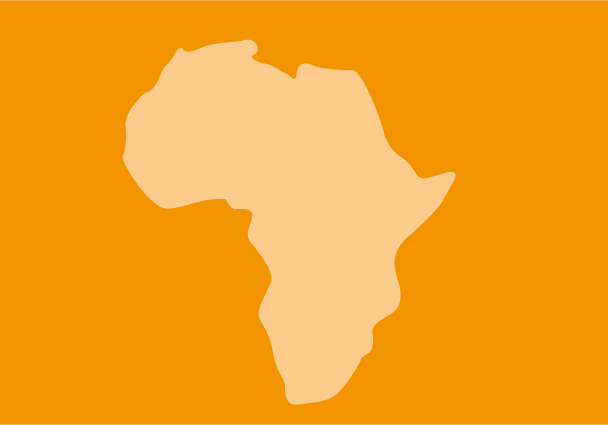
May 6, 2017 | News
The programme, launched today in Niamey, Niger, aims to enhance the capacity of civil society organizations to use AU mechanisms for human rights protection and promotion.
The three-year Africa-wide project on Consolidating Civil Society’s Role in the Transition from African Human Rights Standards to Practice is run by the ICJ, together with the African Centre for Democracy and Human Rights Studies (ACDHRS), the Norwegian Refugee Council (NRC) and the ICJ-Kenya Section.
The programme increases awareness of people in Africa about the AU human rights mechanisms for human rights implementation and compliance. It is directed at both national and community levels.
A further objective of the project is to strengthen national and regional responses to displaced persons and other groups at risk, including women and children.
The project will also provide an opportunity to human rights defenders, CSOs and journalists, who ordinarily have no means to access and attend the African Commission on Human and Peoples’ Rights, to do so in order to increase their involvement in the AU human rights system and will provide advocacy and litigation support to them.
Arnold Tsunga, Director of the ICJ Africa Regional Programme, noted that the African Union (AU) has developed an impressive body human rights law and standards.
He observed, however, that “one of the missing links is that of implementation and that unless human rights are effectively implemented, they may just remain standards on paper.”
The launch took place in the plenary of the NGO Forum preceding the 60th Ordinary Session of the African Commission on Human and Peoples’ Rights (ACHPR).
Participants in the Forum strongly welcomed the opportunities that the project will create and many indicated that they would take advantage of the opportunity to broaden participation in the African human rights mechanisms.
The programme is supported by the European Union, which was represented at the launch by Mr. Basile Sallustio, Attaché to the Délégation in Niger.









